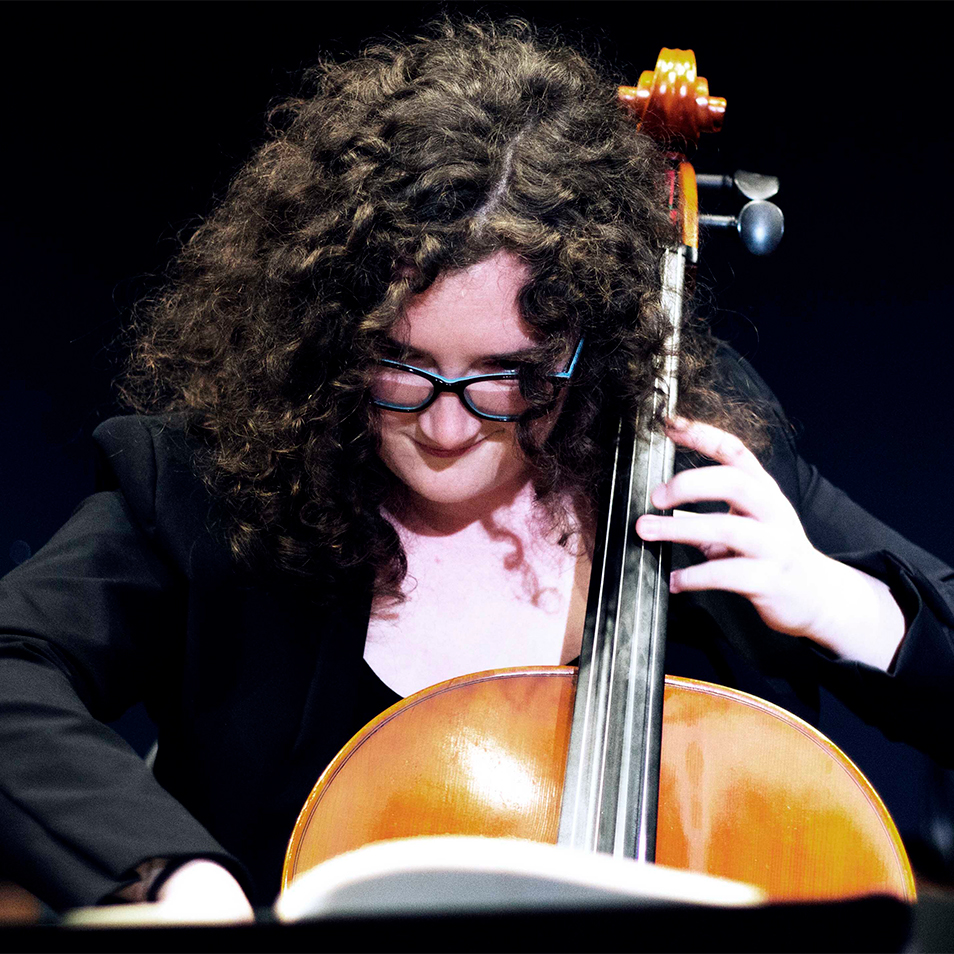Attention Distribution in String Quartet Performance: The Impact of Quartet Expertise
To produce a highly coordinated and cohesive string quartet performance requires skilled musicians who can effectively enact performance plans, communicate, and readily adapt to unexpected events, such as errors, during performance. Attention is critical to processing the myriad different elements inherent to the task of performance in order to produce a successful outcome. Previous research investigating attention in ensemble performance has mainly employed experimental approaches. Case studies of ecologically valid ensemble performance have focused on understanding long term memory for musical works, rather than attention. While models of attention in music such as the attentional resource allocation in musical ensemble performance (ARAMEP) model and the prioritised integrative attending (PIA) within highlight some key aspects of attending during music performance, ecologically valid support for these models is scant, especially in regards to sub-optimal attention distribution during performance due to distraction or error, and the ways in which a rehearsal period, or musical expertise within a chamber ensemble may impact attention distribution.
As such, this study aims to investigate how attention in string quartet performance is shaped by performer/quartet expertise, the planned or unplanned demands of the performance task, and time across a rehearsal period to performance. The goal is to better understand the processes of attention that underpin coordinated and cohesive live ensemble performance, and the shaping role that expertise plays. In order to investigate this, a longitudinal collective case study of three string quartets at differing levels of expertise was undertaken. Each of the ensembles was designated a level of expertise (student, semi-professional, and professional) and rehearsed and performed the second movement of Ravel’s String Quartet (2008/1905). At three points over their rehearsal period and following performance, the participants completed an immediate recall task following a full run-through of the movement, wherein participants individually self-reported their focus of attention during the performance by annotating a copy of the musical score. Additional data collection included the use of eye tracking in the semi-professional quartet’s run-throughs. The comments were coded and categorised into a framework developed inductively from participant comments and deductively using extant theory through a directed content analysis approach. Frequency counts of comments within the categories of the framework were compared between each quartet and across two timescales: firstly over the course of the rehearsal period to performance, and secondly across bars within the piece itself. Bars with the highest frequency of comments according to a set threshold were identified and the contents of the comments analysed to reveal performance demands impacting attention distribution and how expertise shaped the participants’ responses to these demands.
The directed content analysis resulted in a framework of categories across several layers, including attention to task relevant vs irrelevant stimuli, how attention was distributed to either the self, or the other during performance, and whether this attention was distributed voluntarily or as a reaction to an event during performance. In addition, categories relating to the specific musical features being attended to, and the affective state and mood regulation of the performers emerged. Across the rehearsal period, experts demonstrated more consistency in their attention distribution, including a higher degree of voluntary and prepared attention to planned events, a focus on expressive rather than technical aspects of the piece, and a high degree of attention to the other players. Across the piece, experts demonstrated a lower density of comments around key structural points, and decreased attentional resource consumption during unplanned performance events such as error, due to improved error recognition and recovery strategies involving effective decision making. Overall, this research suggests that expert quartet performers demonstrate a more effective and efficient use of attention in response to the fluctuating demands of performance, and emphasises the impact of training not only instrumental expertise, but also chamber music expertise.
About Research Seminar Series
Research seminars are presented by current staff, higher degree by research candidates and visiting academics.
The seminar series showcases the work of our higher degree by research candidates and provides valuable professional development opportunities for undergraduate and coursework students who are interested in research. Visiting scholars are regularly invited to address staff and students, and the seminars are open to the public.
